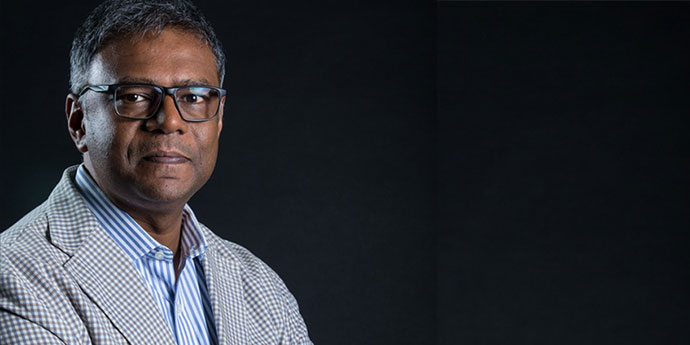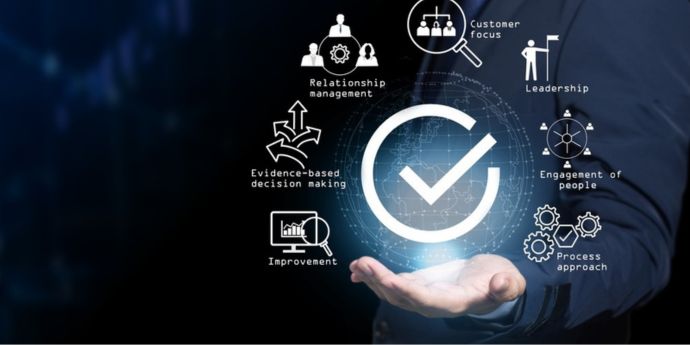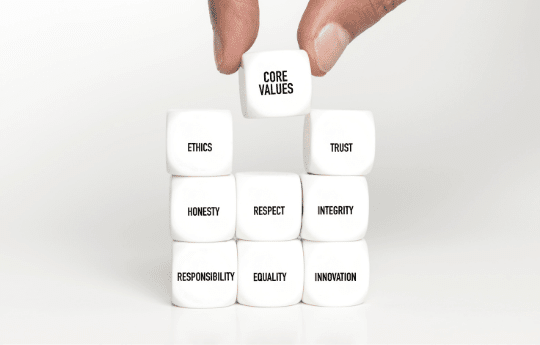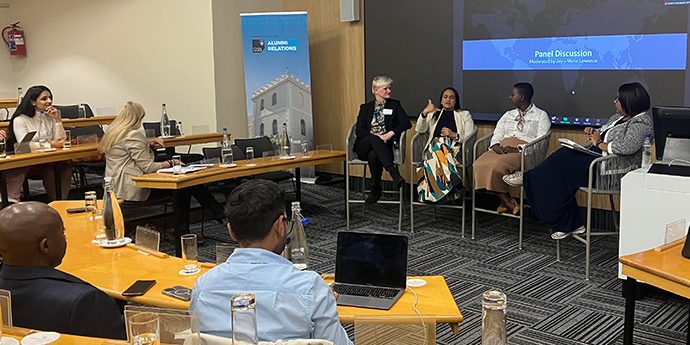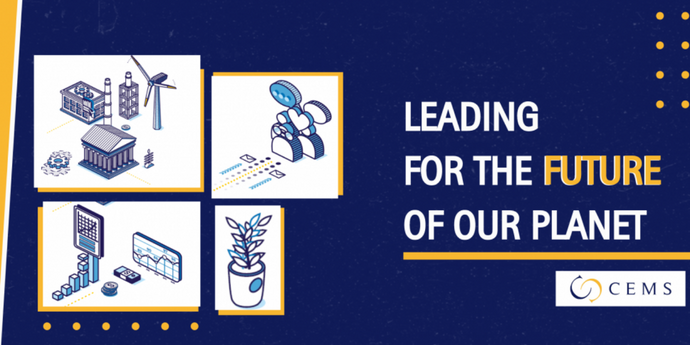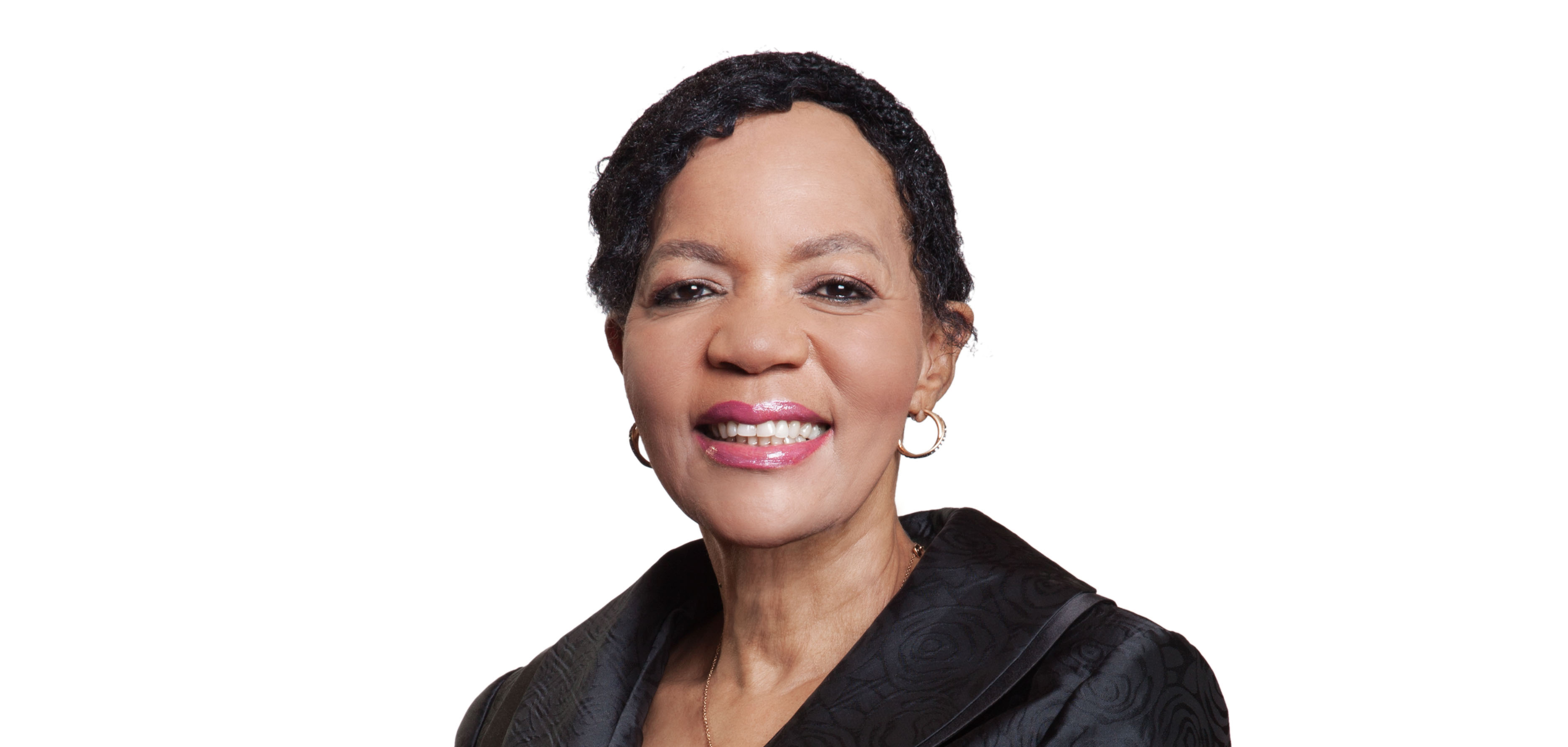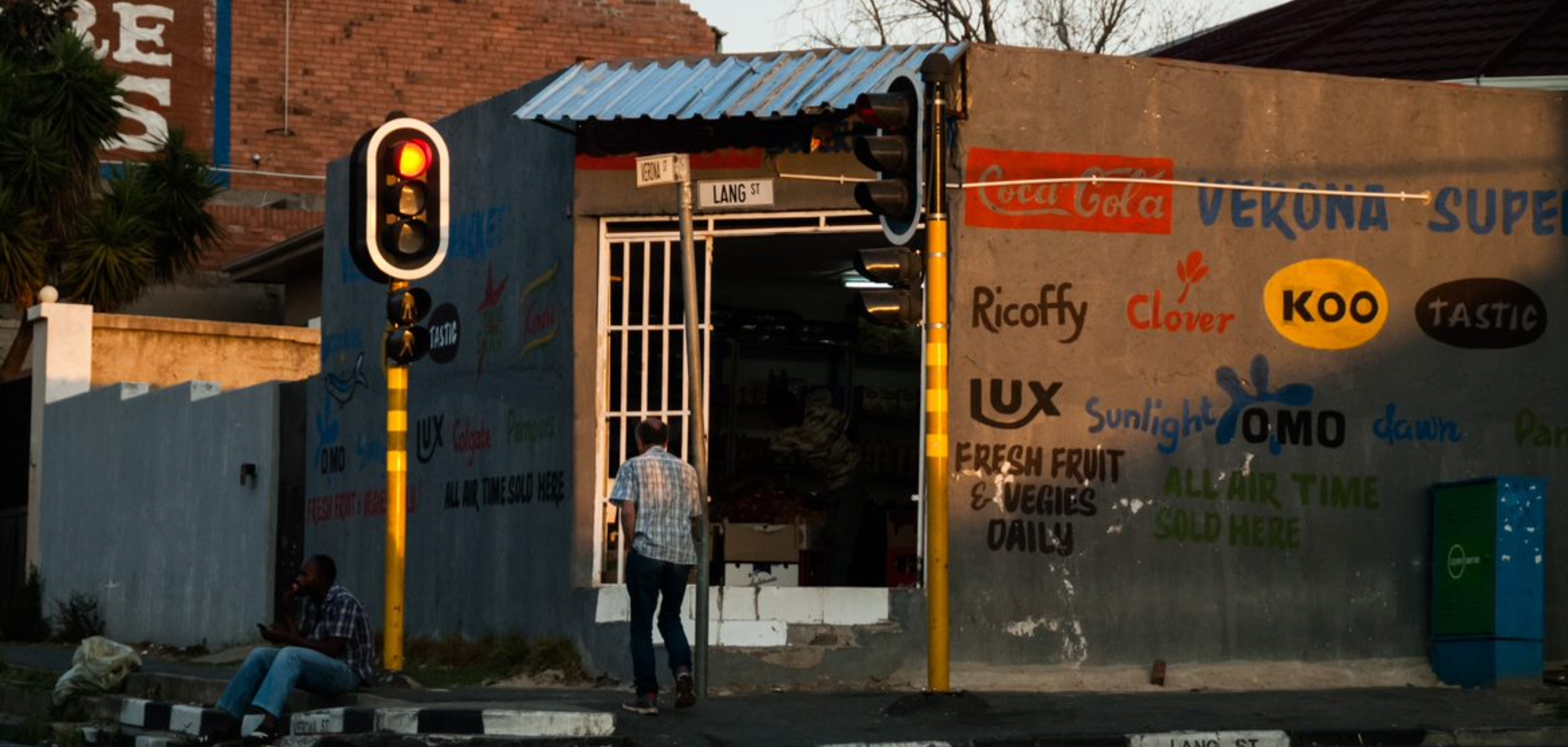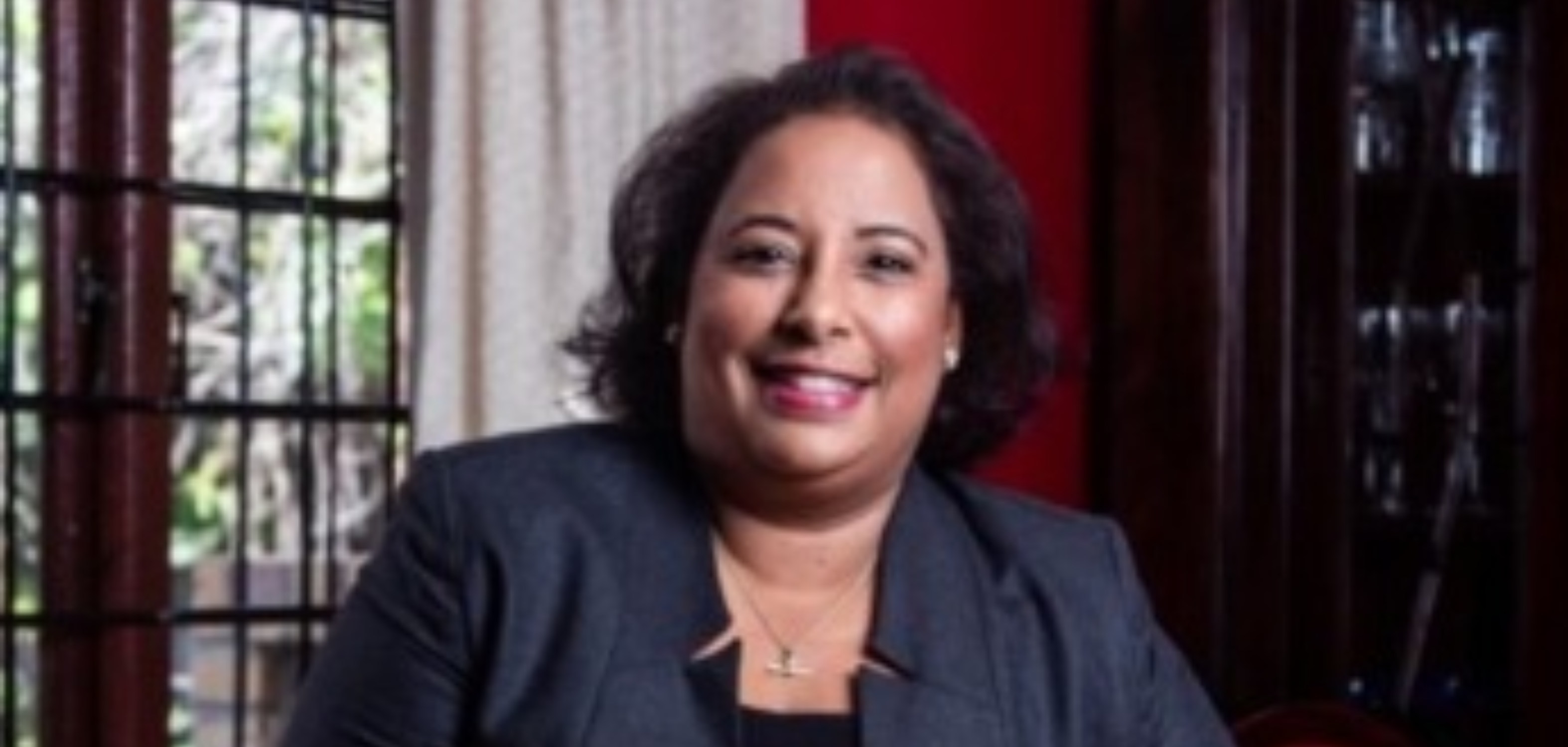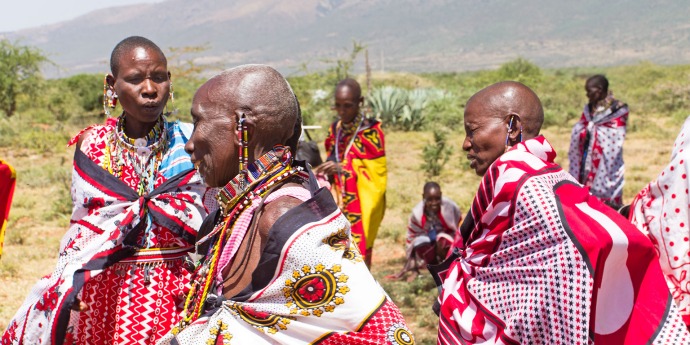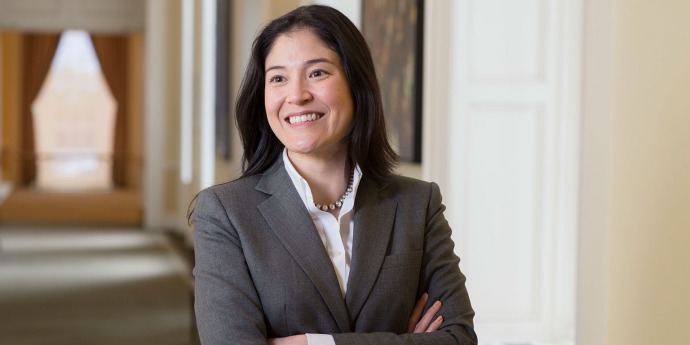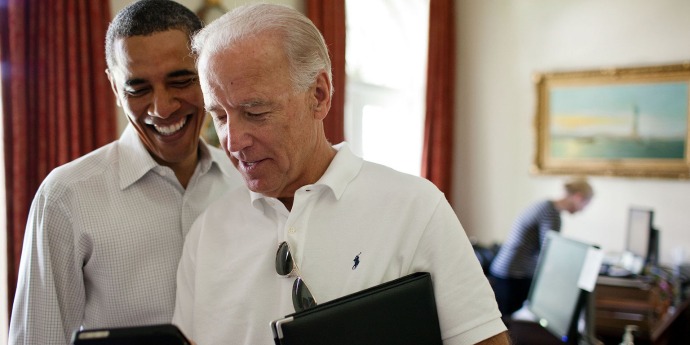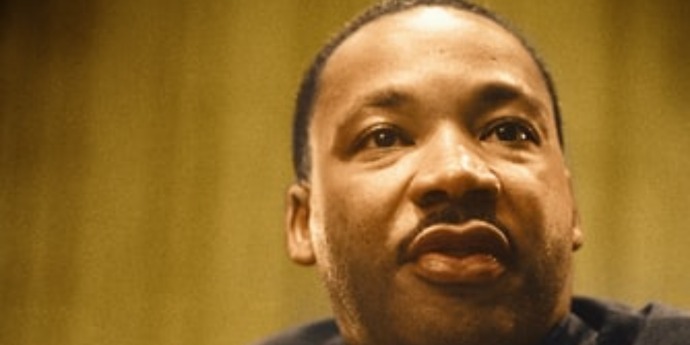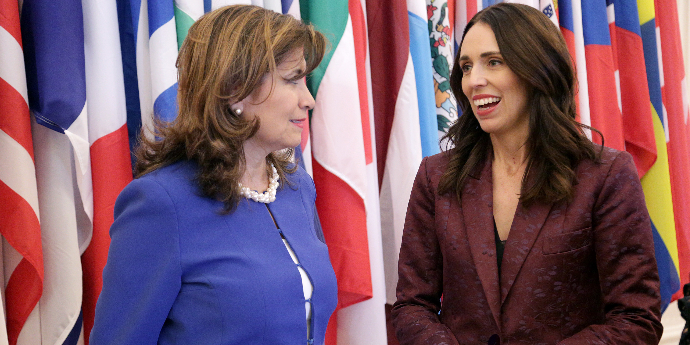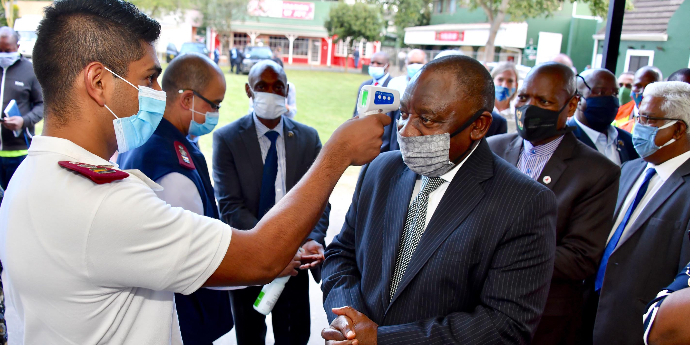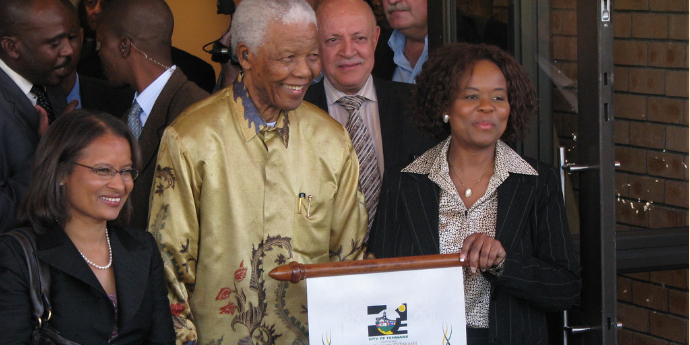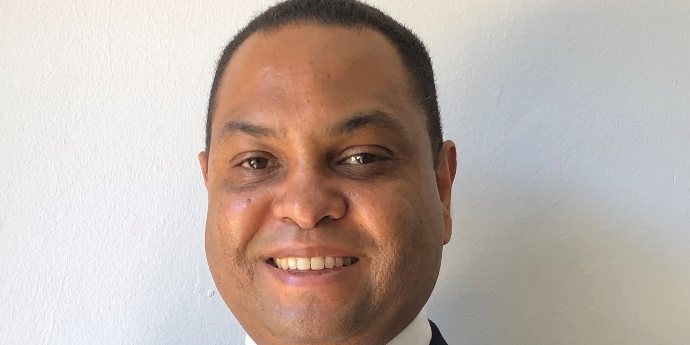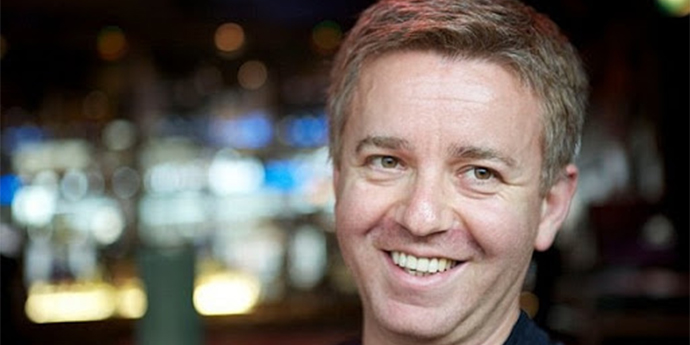The thinking that has informed business leadership will not see us through the present challenges we face. To remake the world we need to recognise the deficiencies in leadership we experience and change how we train future leaders.
The 51st World Economic Forum that took place towards the end of January did so, virtually, for the first time in its history. The global COVID-19 pandemic forced the world’s most famous and powerful annual gathering of the global and political elite — as it has done to just about every individual and industry around the world — to do things differently.
The event was also marked with another difference — one of focus — with the WEF’s vision of a “great reset” taking centre stage. Essentially arguing for a response to the crisis that goes beyond economic reforms, the great reset outlines an ambitious vision for an inclusive, cohesive and sustainable world.
According to WEF founder and executive, Klaus Schwab, the great reset has three main components: The first to steer the market toward fairer outcomes (for example with tax, regulatory, and fiscal policy to create the conditions for a “stakeholder” economy); the second to ensure that investments advance shared goals, such as equality and sustainability; and the third to harness the innovations of the Fourth Industrial Revolution to support the public good, especially by addressing health and social challenges.
Few would argue that these goals are misplaced, but as Jonathan Michie, Professor of Innovation & Knowledge Exchange at the University of Oxford points out in a recent article in the Conversation — it is by no means clear that existing world structures are up to the scale of the challenge. Simply put, to change up “low-conscious” capitalism we can’t rely on a promising slogan to generate new directionality in a culture of reasoning and organising that resists learning, and values the expediency of choosing from existing options. We need something new.
And this imperative extends to business schools. For more than a century, business schools have trained the talent and honed the culture of organising that has been stewarding our economies. It is time to acknowledge that the ways of teaching that got us to this point will not help us to get beyond it.
This is not an entirely new inflection point for business schools. The 2008 financial crisis led to a flurry of changes in course content and focus, notably around ethics. But while generally well intentioned, this has not really shifted the needle in terms of equality or sustainability. Things are considerably worse now than they were 10 years ago and not just because of the pandemic. So why was change resisted?
It’s hard to orient and give momentum to change; since it is not as simple as just changing the content of what we teach. The traditional approach to business education has mostly been that if we provide practitioners with knowledge, they will then go out into the world and apply it — rationally. But that doesn’t seem to be what happens in practice. In a complex world leaders may fear being shamed if they deviate from the norm, and they need more than knowledge to act with wisdom. They need the courage of their convictions and an ability to think integratively. The latter is a concept developed by Roger Martin at the Rotman School of Management, which he describes as a “different form of logic” to find new choices and insights. In fact, much earlier, Aristotle warned that we need to appreciate a new intellectual virtue, phronesis (a word that implies both good judgement and solidity of character and habits) if we are to effect values-based change in our worlds.
If ever there was a time to turn to a different form of logic it is now. As the world braces for the worst economic downturn since the Great Depression, business schools must go beyond offering courses on what to do and help orient leaders in how to do it. We need to respect that human beings, in general, seek out data that confirms already embodied patterns of action. As Jennifer Riel and Roger Martin, remind us, “The mind, it turns out, is less of a window into the world than a filter”. As business schools we need therefore to find ways to allow leaders to experience new ways of being, doing and knowing, so that they pursue new options and new choices while uncovering and working with paradox and tensions.
The current situation around the COVID-19 vaccine rollout provides an interesting case in point for why we need this kind of upgrade in thinking and action. What we’re seeing play out on the global stage right now is that decision makers are making choices that are placing ‘the least worst options on the table’ rather than finding solutions that unlock long-term sustainable value for all.
Thus, agreements are being struck for poorer countries to borrow money to buy the vaccine at exorbitant costs, thereby becoming increasingly indebted at a time when they can least afford it, instead of turning to solutions such as the People’s Vaccine initiative, which is an example of a multi-sectoral and collaborative approach that is not oriented to profit but more towards human health and equity — wealth is created through this but is not the over-riding purpose.
Despite the rhetoric from the WEF and others, we are not seeing the requisite change in business models to radically shift the way things are being done.
Carlotta Perez, a scholar focused on studying technology revolutions that have occurred over the past three centuries, highlights that we are living in a time of great opportunity that comes about only once or twice a century. We are at a crossroads for shaping the future; we are in the midst of assimilating an Information and Communication Technology revolution and at the beginning of the new revolutions that include Biotechnology and Nanotechnology. New business models and green growth have the potential to usher in a new golden era of prosperity.
The WEF is right in articulating the need for a great reset — but a prevailing weakness of will; or a lack of skilful practice at personal and organisational levels — or a combination of these two — will keep us mired in old ways of working unless we act to shift these.
Professor Kosheek Sewchurran is an Associate Professor and the director of the Executive MBA programme at the University of Cape Town’s Graduate School of Business. Ranked 54th in the Financial Times global rankings, the programme works with emerging areas of scholarship to equip leaders and executives with the necessary skills and organising principles that will build resilience and improve decision making in a complex world.
[Photo: Courtesy of The Davos Agenda on Flickr]


